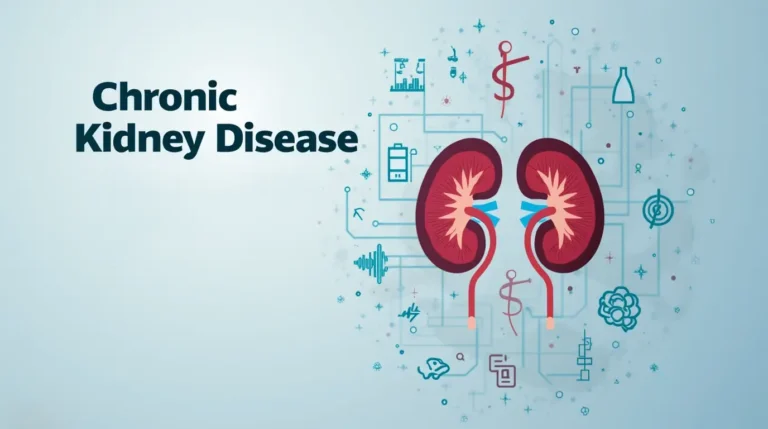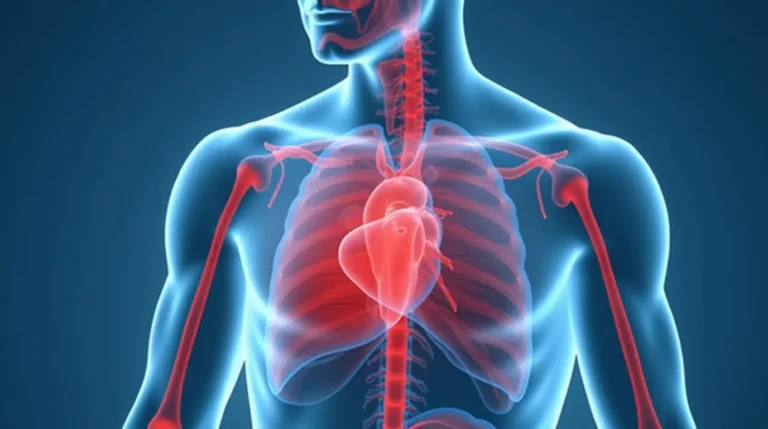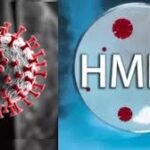We envision a world where everyone has the tools and knowledge to live a balanced, healthy, and fulfilling life. By providing reliable resources, personalized programs, and community support, we aim to be a beacon of hope for those on their health journey.
Table of Contents
Introduction to Blood Work and Cancer Detection

would blood work show cancer
Blood work refers to a range of laboratory tests conducted on a sample of blood, providing critical insights into an individual’s health status. In the realm of cancer detection, blood tests serve a multifaceted role, often acting as a preliminary screening tool rather than a definitive diagnostic method. These tests can detect various substances in the blood, such as tumor markers, which are proteins produced by cancer cells. However, it is important to understand that while abnormal levels of these markers may indicate the presence of cancer, they can also result from non-cancerous conditions, leading to potential misinterpretations.
The significance of blood work in cancer detection lies in its capacity to provide vital information about overall health and potential health issues. Read about : Healthy Recipes to Lower Cholesterol: How to Eat Smart1 now; Healthcare providers often recommend routine blood tests as part of an annual physical exam, which can aid in the early identification of abnormalities that could signal the onset of cancer. Such information is pivotal, as early detection is often linked to improved treatment outcomes and survival rates. Nevertheless, misconceptions prevail regarding the capability of blood work to definitively diagnose cancer. Individuals may erroneously believe that a single blood test can confirm cancer, which is rarely the case. Further diagnostic procedures.
Understanding the limitations and utility of blood tests in the context of cancer detection is crucial for both patients and healthcare providers. It fosters an informed dialogue during routine check-ups and consultations. Enhanced awareness of the role blood work plays in cancer diagnosis can clarify expectations and support effective health management. As research advances, the integration of blood tests in cancer detection methodologies will likely continue to evolve, emphasizing their role as a valuable component of comprehensive cancer care.
Types of Blood Tests Used in Cancer Screening
Blood tests play a crucial role in cancer screening and diagnosis, providing valuable insights into a patient’s health status. Among the most common types of blood tests utilized are the Complete Blood Count (CBC), tumor marker tests, and genetic tests. Each of these tests serves a specific purpose and yields distinct types of information that can assist healthcare providers in determining the presence of cancer.
The Complete Blood Count (CBC) is a fundamental test that evaluates the different components of blood, including red blood cells, white blood cells, and platelets. A CBC can indicate abnormalities that may suggest the presence of hematologic cancers, like leukemia or lymphoma, by showing elevated or decreased cell counts. While a CBC is not definitive for cancer diagnosis, it provides critical preliminary information that can prompt further investigation.
Tumor marker tests measure specific substances in the blood produced either by the tumor itself or by the body in response to cancer. Common markers include prostate-specific antigen (PSA) for prostate cancer, and CA-125 for ovarian cancer. While elevated levels can indicate the presence of cancer, tumor markers can also rise due to non-cancerous conditions, which highlights the necessity for interpretative caution in conjunction with other diagnostic methods.
Genetic tests, on the other hand, analyze DNA for mutations or alterations associated with an increased risk of certain cancers. These tests can identify inherited genetic predispositions, such as BRCA1 and BRCA2 mutations linked to breast and ovarian cancers. While genetic blood tests do not diagnose cancer directly, they provide essential information regarding an individual’s risk factors and inform preventive and therapeutic measures tailored to the patient’s genetic profile.
In summary, blood tests are integral to the multifaceted approach to cancer screening and diagnosis, each contributing unique data that can guide medical decisions and potentially improve patient outcomes.
How Blood Tests Can Indicate Cancer Presence
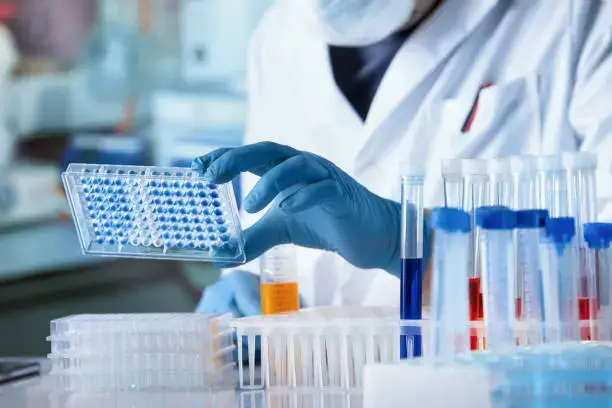
Blood tests play a significant role in the early detection and monitoring of cancer. While they are not definitive diagnostic tools, certain abnormalities identified in blood work can raise suspicion for the presence of cancer. One of the key indicators is the alteration of blood cell counts. For instance, an elevated white blood cell count may suggest an underlying infection or inflammation, but it can also indicate a hematological malignancy, such as leukemia. Similarly, a reduced red blood cell count, or anemia, can be associated with various cancers, particularly those affecting the bone marrow.
Another crucial aspect of cancer detection through blood tests is the assessment of tumor markers. These are specific substances produced by cancer cells or by the body in response to cancer. For example, elevated levels of prostate-specific antigen (PSA) can indicate prostate cancer, while CA-125 is often associated with ovarian cancer. However, it is important to note that elevated tumor markers can also arise due to non-cancerous conditions, making them more useful in conjunction with other diagnostic methods.
The presence of abnormal proteins in the blood can also serve as a significant indicator of malignancies. For instance, the presence of monoclonal proteins often points towards multiple myeloma. Additionally, liver function tests can reveal abnormalities linked to primary liver cancers or metastases from other regions of the body.
Overall, while blood test results alone are insufficient for a cancer diagnosis, they provide critical information that, when combined with symptoms, imaging studies, and other diagnostic evaluations, can lead to a more accurate and timely identification of cancer. Continual advancements in technology and understanding of hematological profiles are expected to enhance the effectiveness of blood tests in cancer detection in the future.
Limitations of Blood Tests in Cancer Diagnosis
While blood tests serve as valuable tools in the early detection of cancer and the monitoring of its progression, they are not without their limitations. Blood tests can indicate abnormal levels of certain substances that might suggest the presence of cancer, such as tumor markers or abnormal cell counts. However, these indicators are not definitively indicative of cancer on their own and can lead to misleading results. For instance, elevated tumor markers might also occur in benign conditions or other diseases, highlighting the potential for false positives.
Furthermore, the specificity of blood tests for diagnosing certain types of cancer varies significantly. While some cancers have specific markers detectable in the blood, others do not, making it challenging to achieve a clear-cut diagnosis based solely on blood test results. For example, prostate-specific antigen (PSA) is a well-known marker for prostate cancer but is not exclusively applicable to this condition, leading to possible misinterpretation of results. This lack of specificity necessitates caution in relying solely on blood tests for a definitive diagnosis.
In addition to false positives, there is the risk of false negatives, where tests may fail to detect cancer even in its presence. This occurrence can arise due to various factors, including the timing of the test, the type of cancer, and individual patient variances. Consequently, healthcare providers often resort to complementary diagnostic procedures, such as imaging studies and biopsies, to establish a more accurate diagnosis. It is essential for patients to understand that while blood tests are integral in cancer detection, they are part of a larger diagnostic framework that ultimately provides a comprehensive view of one’s health status.
The Role of Tumor Markers in Blood Tests
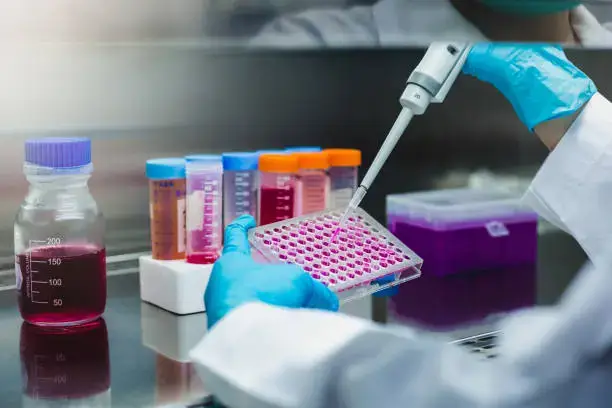
Tumor markers are substances produced by cancer cells or by the body in response to cancer. These markers can often be detected in blood tests, playing a significant role in cancer diagnosis and treatment management. By measuring the levels of tumor markers in the blood, healthcare professionals can gain valuable insights into the presence of certain types of cancer, the progression of the disease, and the effectiveness of ongoing treatments.
Various types of tumor markers exist, each associated with specific cancers. For instance, prostate-specific antigen (PSA) is widely used to indicate prostate cancer, while cancer antigen 125 (CA-125) is commonly linked to ovarian cancer. Additionally, carcinoembryonic antigen (CEA) can signify cancers of the gastrointestinal tract, breast, or lung. However, it is essential to note that not all cancers produce detectable tumor markers, and elevated marker levels do not always confirm the presence of cancer, which can lead to false positives. Therefore, tumor markers should complement other diagnostic tools rather than serve as standalone tests.
Beyond aiding in initial diagnosis, tumor markers also prove valuable in monitoring treatment effectiveness. Changes in the levels of specific markers can indicate how well a patient is responding to therapy. For example, a decrease in PSA levels in a patient receiving treatment for prostate cancer may suggest that the therapy is effective. Conversely, rising marker levels can indicate a recurrence or progression of the disease, prompting further medical evaluation or changes in treatment strategy.
Despite their potential benefits, reliance solely on tumor markers can be misleading due to various factors, including benign conditions that may also stimulate the release of these substances. Therefore, healthcare professionals typically consider tumor marker levels alongside imaging studies and biopsies for a comprehensive evaluation of a patient’s condition. This integrated approach enhances the accuracy of cancer diagnoses and supports effective treatment planning.
Additional Diagnostic Methods Alongside Blood Work
In the realm of cancer diagnosis, blood tests serve as a vital tool, offering valuable insights into a patient’s health status. However, it is essential to note that blood work is often complemented by additional diagnostic methods to ensure a comprehensive evaluation. Imaging tests such as X-rays, CT scans, and MRIs are instrumental in providing visual representations of internal structures, allowing healthcare professionals to identify tumors and assess their size and location.
X-ray imaging is one of the most basic forms of diagnostic testing, often used to detect abnormalities in the lungs or bones. A more advanced imaging technique, the CT scan, provides cross-sectional images of the body, enabling the detection of potential cancerous masses with greater clarity. MRIs, on the other hand, utilize magnetic fields to create detailed images of organs and soft tissues, which is particularly useful in discerning the nature of brain tumors or cancers in other organs.
Aside from imaging, biopsies play a crucial role in cancer diagnosis. This procedure involves the extraction of tissue samples, which can be examined microscopically to confirm the presence of cancer cells. Biopsies can be performed using various techniques, including fine-needle aspiration, core needle biopsy, or surgical biopsy, depending on the tumor’s location and size.
Combining blood work with these additional diagnostic methods forms a more robust understanding of a patient’s condition. While blood tests can indicate markers that suggest cancer, imaging provides a visual context, and biopsies deliver definitive evidence. Such a multifaceted approach ensures that clinicians can arrive at accurate diagnoses and tailor treatment plans accordingly, ultimately enhancing patient outcomes in the battle against cancer.
Case Studies: Blood Work in Cancer Diagnosis
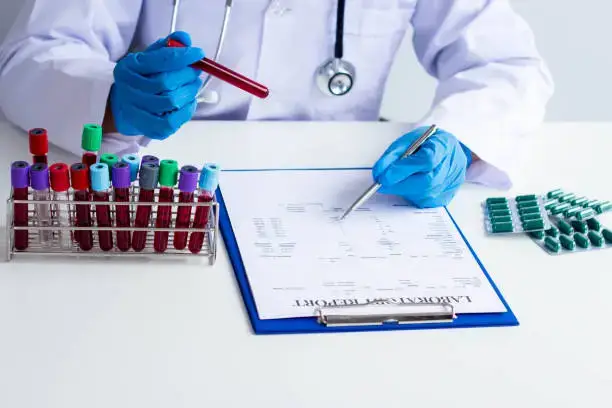
Blood tests have become a pivotal tool in the early detection and diagnosis of cancer. Numerous case studies highlight their effectiveness in identifying malignancies that might otherwise go undetected until later stages. One such case involved a 55-year-old female patient who presented with fatigue and unexplained weight loss. Initial blood work revealed elevated levels of cancer antigen 125 (CA-125), which prompted further investigation. Subsequent imaging and biopsy confirmed stage I ovarian cancer. This scenario underscores the significance of blood tests in not only pointing towards a potential diagnosis but also in facilitating timely intervention.
Another relevant case study involves a 42-year-old male who had routine blood tests performed as part of a health screening. The complete blood count (CBC) noted an unusually low hemoglobin level, leading to additional testing that revealed the presence of chronic myeloid leukemia (CML). This situation exemplifies how blood work can sometimes uncover underlying conditions even in asymptomatic patients. Early diagnosis enabled the patient to start a targeted therapy regimen, which has provided him with a better quality of life and improved prognosis.
In yet another case, a 63-year-old female patient was experiencing persistent abdominal pain. Her physician ordered a comprehensive metabolic panel, which indicated elevated liver enzymes and an abnormal bilirubin level. Follow-up tests, including a liver function test, revealed the presence of hepatocellular carcinoma (HCC). By using blood work as a diagnostic tool, healthcare providers were able to develop a targeted treatment plan, significantly improving the patient’s overall health outcomes.
These case studies illustrate that blood work can play a foundational role in the diagnosis of various cancers. The integration of these diagnostic tools not only aids in identifying malignancies at early stages but also enhances the capacity for prompt and effective treatment plans, contributing to better overall outcomes for patients.
Future Developments in Blood Testing for Cancer Detection
As the landscape of cancer detection and diagnostics evolves, blood testing stands at the forefront of innovative medical research. Emerging technologies have the potential to significantly enhance the role of blood tests in the early identification of cancer, allowing for more effective interventions and better patient outcomes. Researchers are continuously working on new methods aimed at improving the accuracy and reliability of these tests, which could revolutionize the way cancers are diagnosed.
One of the promising developments in this sphere is the advancement of liquid biopsy techniques. Unlike traditional biopsies that require tissue samples, liquid biopsies analyze circulating tumor DNA (ctDNA) or other biomarkers present in the bloodstream. This minimally invasive approach not only simplifies the testing process but also allows for real-time monitoring of cancer progression and treatment responses. As technology improves, liquid biopsies could become a standard diagnostic tool, enabling healthcare professionals to detect cancers at their earliest stages.
In addition, the field of personalized medicine is gaining traction, offering the potential for tailored cancer treatments based on individual genetic profiles identified through blood tests. By examining a patient’s unique genetic makeup, clinicians can predict how well a specific treatment may work and reduce the trial-and-error nature of cancer therapy. This approach not only enhances the efficacy of treatment but also minimizes unnecessary side effects, thus improving the overall quality of care.
Moreover, advancements in artificial intelligence (AI) are set to play a crucial role in analyzing complex blood test data. AI algorithms can quickly process large volumes of information, identifying patterns and correlations that may not be immediately apparent to human observers. This capability could significantly improve diagnostic accuracy and speed, allowing healthcare providers to make more informed decisions.
In summary, the future of blood testing for cancer detection is promising, advancing towards a more precise, patient-centered approach. As research continues to unfold, these innovations may ultimately enhance early detection rates and treatment outcomes in the battle against cancer.
Conclusion: The Importance of Comprehensive Testing

In the realm of cancer diagnosis, the significance of comprehensive testing cannot be overstated. Blood work plays a critical role, yet it is only one component in the intricate process of identifying cancer. While blood tests can detect certain biomarkers and abnormalities that may suggest the presence of cancer, they cannot conclusively diagnose the disease on their own. Therefore, it is essential to integrate blood tests with other diagnostic approaches, such as imaging studies and tissue biopsies, to acquire a comprehensive understanding of a patient’s condition.
Imaging techniques, including CT scans, MRIs, and PET scans, are invaluable tools that provide visual insights into the structure and function of organs, allowing healthcare providers to identify tumors and monitor their progression. Similarly, biopsies enable the collection of tissue samples for histological examination, which is vital for determining the type and stage of cancer. By synthesizing data from blood work, imaging, and biopsies, medical professionals can formulate a more accurate diagnosis and tailor treatment plans accordingly.
Moreover, this multidimensional approach ensures that patients receive the most effective therapies while also considering their individual medical histories and needs. As research in oncology continues to advance, the integration of various diagnostic tools will be imperative for early detection and improved outcomes in cancer treatment. The synergy between blood tests, imaging, and biopsies exemplifies a holistic strategy in cancer diagnosis, highlighting the importance of thorough evaluation rather than reliance on a singular method.
In conclusion, the multifaceted nature of cancer detection underscores the necessity of comprehensive testing. Emphasizing blood work in conjunction with other diagnostic modalities enhances the accuracy of diagnoses and fosters more effective treatment strategies, ultimately impacting patient survival and quality of life positively.
Did You Try this tips ?
There are no reviews yet. Be the first one to write one.

